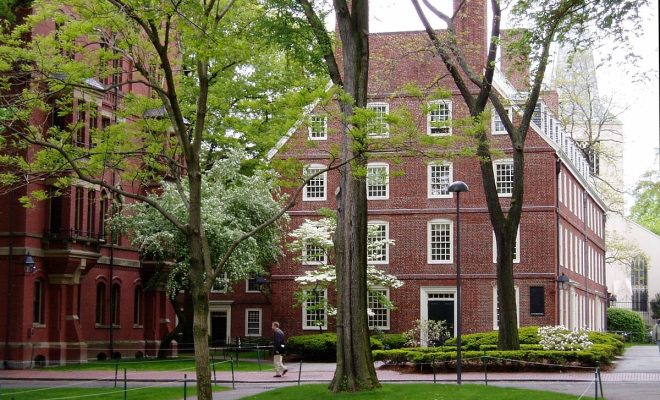3 Quick Facts about College Dropout Rates

There are a lot of metrics in place that gauge the effectiveness of P-12 schooling in the U.S. and shine a particularly bright light on public schools, particularly when they are failing students. Dropout rates are just one of the factors taken into account when these numbers are calculated and tend to weigh heavily on the schools and districts who have low percentages.
The same does not seem to be true once the high school years pass though. Compared to P-12 institutions, colleges and universities seemingly get a pass when it comes to dropout rates – perhaps because in the past, higher education was considered more of a privilege and less of a right. A college dropout was simply walking away from the assumed higher quality of life that came with the degree, but still had opportunity to excel without it.
That’s not the case anymore. As of 2013, 17.5 million students were enrolled in U.S. colleges and universities. More than ever, colleges and universities have a responsibility to not simply admit students, but ensure they are guided properly to graduation. In other words, institutions of higher education should not be able to just take their student’s money and say “good luck.” They should provide the tools necessary for students to successfully achieve a college education and anticipate the issues that could prevent that.
Authors Ben Miller and Phuong Ly discussed the issue of the U.S. colleges with the worst graduation rates in their book College Dropout Factories. Here is some information about those schools—it may shock you.
- Some colleges have graduation rates as low as 8 percent. Washington Monthly that ranked the U.S. schools with the lowest six-year graduation rates among colleges and universities, including public ones like the University of the District of Columbia (8%), Haskell Indian Nations University (9%), Oglala Lakota College (11%), Texas Southern University (13%) and Chicago State University (13%).
- Several of these schools have high percentages of underrepresented minorities attending. A quick scan of the University of the District Columbia’s official page shows graduation rate numbers through the end of the 2003 – 2004 school year (the past nine years, strangely, are nowhere to be found). The school boasts 51.2 percent underrepresented minorities in the study body, including 47 percent that are Black.
In the case of Chicago State University, the latest statistics show some improvement from the 2010 ones. The six-year graduation rate is up to 21 percent – but the transfer-out rate is nearly 30 percent. The school has 92 percent underrepresented minorities that attend – 86 percent who are black and 70 percent who are female.
But good are those numbers if these students are not actually benefitting from their time in college because they receive no degree?
- P-12 schools rigorously track and hold themselves accountable for dropout rates. Colleges do not.
In all cases of college dropout factories, the P-12 institutions chalk up a victory on their end. They graduated the students and also saw them accepted into a college. What happens after that is between the students and their higher education choices.
This, to me, is a problem. The accountability for student success extends beyond the years that they are in P-12 classrooms. Graduation from high school, and acceptance into college, should never be the final goal of P-12 educators. That is not a victory. That is only halftime.
As far as the colleges and universities are concerned, higher accountability should be demanded from educators, students, parents and really any Americans that want the best economy and highest-educated population. Public institutions, in particular, should be subject to restructuring or take over if dropout rates are too high. The lack of delivery on the college degree dream at many of these schools is appalling, frankly, and has gone on long enough.
What do you think—should colleges be more accountable for the graduation rates of their students, especially given the necessity of a college education today?






